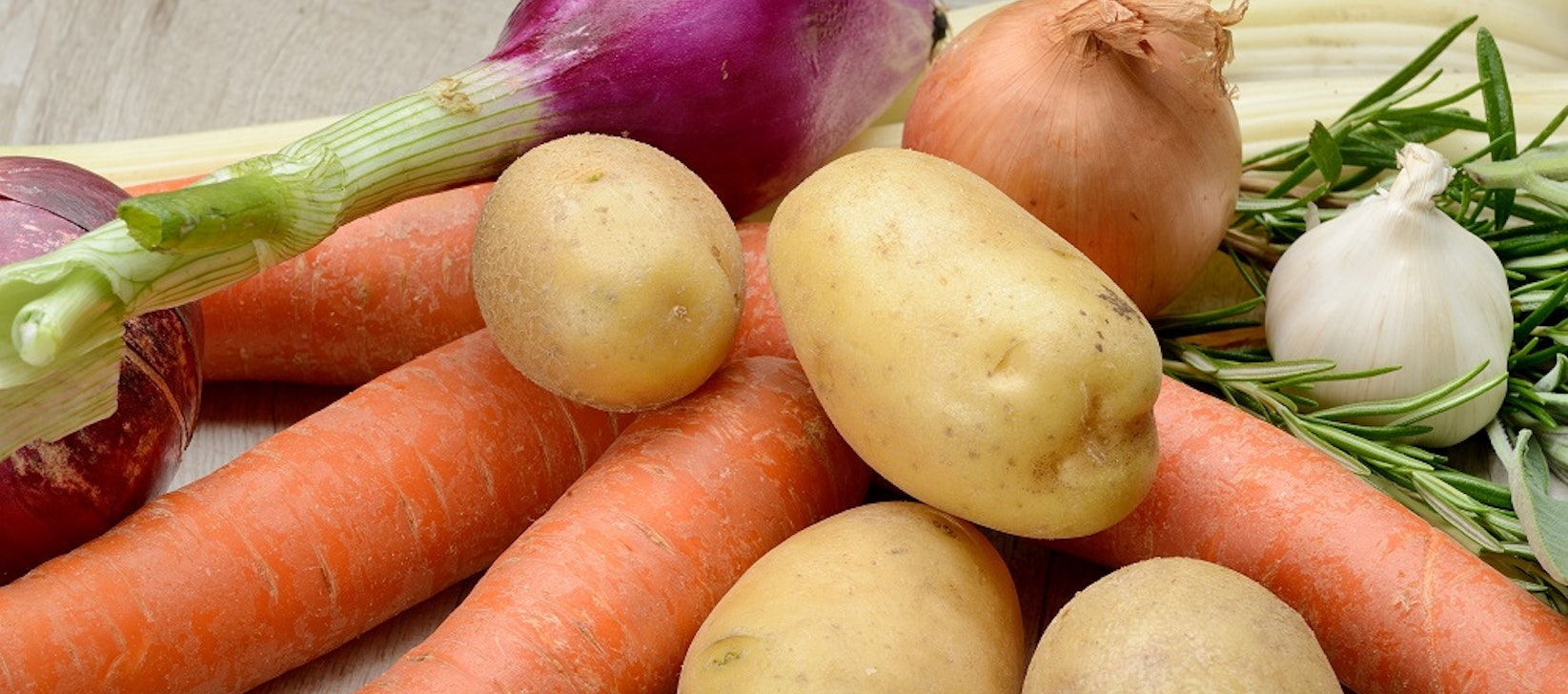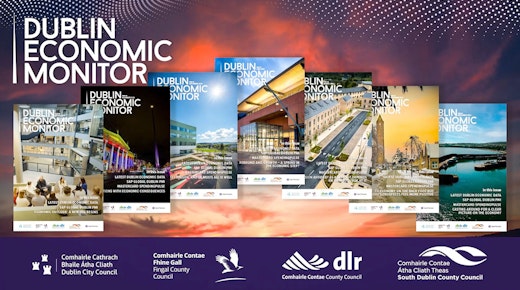When we think of the sectors that drive the Dublin economy, clusters such as tech, finance and life sciences come to mind. While these industries have been at the heart of the region’s recent growth story, we shouldn’t lose sight of some of the more traditional sectors that have brought prosperity across Dublin and its hinterland for generations and which can further add to growth into the future.
In particular, the capital’s long association with agriculture, horticulture and food production is a major economic force creating business opportunities, sustaining jobs and enriching communities across the region.
Analysis shows that Dublin accounts for one fifth of the total economic contribution of agri-food nationally. The sector sustains over 8,000 jobs in the region but, crucially, these are high value-adding jobs: on average each agri-food position in Dublin contributes over €178,000 to the national economy, compared to about €55,000 on average across all other regions. The high- value nature of the jobs, mainly in food and beverages manufacturing firms, implies that the sector in Dublin is considerably more productive than the national average.
In terms of primary production, there are about 800 farms in Dublin, with approximately 118,000 hectares of land categorised under agricultural use. Dublin is a major contributor to national output, as shown in the table opposite.

Added to this, fishing is a substantial sub-segment in Dublin, with Howth being one of six national Fishery Harbour Centres and a key source of employment. There are challenges on the horizon however. In June, the UK’s vote to leave the EU sent an immediate shock-wave through the sector. The impact of the appreciation of the euro against sterling was a sudden and substantial blow to our international competitiveness. The UK is Ireland’s primary destination for agri-food exports and as the wider consequences of Brexit unfold it will be pivotal to have a robust policy response to buttress the sector’s contribution to Dublin’s prosperity. Conversely, Ireland is an important market for UK food exporters and the overnight improvement in their competitiveness must be seen as a threat to Irish producers trading in the domestic market.
Last year, the Government published Foodwise 2025, its medium-term strategy to maximise growth opportunities in agri-food. The changed external environment in the interim means that the key strategic pillars – competitiveness, human capital, innovation and new market development – are now all the more relevant. In addition, the Dublin Regional Action Plan for Jobs (which I chair) can also help create the conditions for the sector to thrive.
Local policy-makers can help ensure the sector is fit to compete both on and off the island. The Fingal Local Economic and Community Plan highlights the contribution of agri-food and involves a more strategic approach to supporting the sector. Across the region, initiatives such as the Dublin Food Chain are to be welcomed in terms of helping businesses at all points in the value chain.
While the outlook is uncertain and global challenges loom, a concerted policy response and a partnership approach with the industry will help the agri-food sector in Dublin to deliver continued prosperity across the region.





